The two barons of the city of Bodenwerder
It was a monk with a staff and a book that was depicted on the emblem of this family.
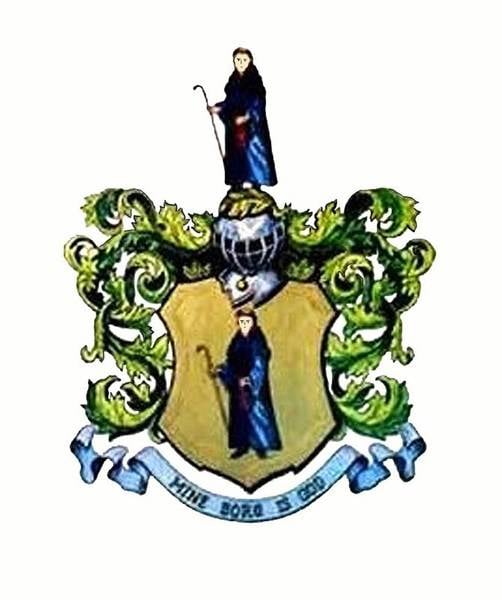
In the 15th century, the Munchhausen family broke up into two lines: “white” (a monk in white clothes with a black stripe) and “black” (a monk in black clothes with a white stripe). And in the XVIII century Munchhausen received a baronial title. Among the descendants of this monk were many soldiers, the most famous of whom was Hilmar von Munchausen, who lived in the 16th century, a condotier serving Philip II of Spain and Duke Alba. But even along the civil line, some of his descendants achieved great success. Gerlach Adolf von Munchhausen, Minister of Hannover Yard and cousin of our hero, went down in history as the founder of the famous University of Gottingen (1734), in which many Russian noblemen later studied, and Pushkin identified Lensky there.
Otto II von Munchhausen was a famous botanist, in his honor even one of the families of the family of Indian flowering shrubs was named. But the glory of our hero eclipsed all the achievements of his ancestors, even though she was so dubious and scandalous that she became a curse of an old and deserved kind.
Hieronymus Karl Friedrich Baron von Munchhausen was born in 1720 in the Bodenwerder family estate, which can still be seen in Germany - it is located on the banks of the River Weser in 50 km from the city of Hanover.
In the two-story house where Jerome was born, in 1937, a memorial room dedicated to him was opened, but in 2002, the exhibits were transferred to a stone hayloft (also once belonged to a baron). The building now houses the burgomaistrat. In front of him is the famous monument-fountain: the baron is sitting on the front half of a horse, which drinks but cannot get drunk.
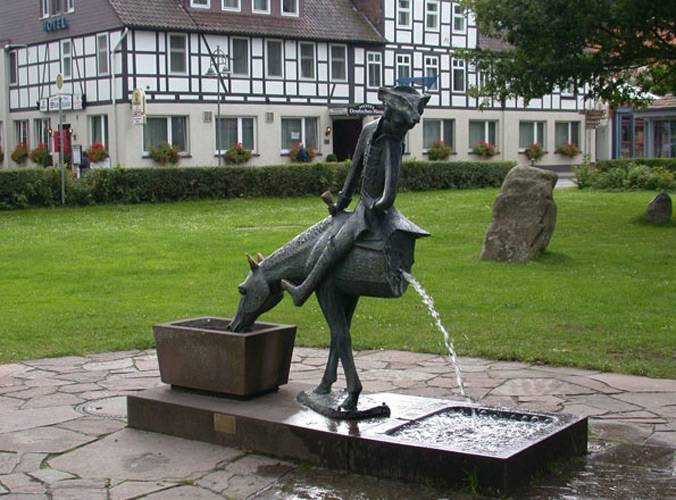
Jerome Karl Friedrich was the fifth child of Colonel Otto von Munchhausen, who died just as the boy turned 4. In 15, the young man was lucky - he managed to get a job with Ferdinand Albrecht II, the Duke of Brunswick, whose residence was located in Wolfenbutel. Fate seemed to favor the scion of an ancient family, since in 1737 he succeeded in obtaining the position of the page of the duke’s younger brother, Anton Ulrich. However, if you remember under what circumstances this seemingly “dust-free” vacancy of the Prince’s page appeared, the favor of fate should be considered very relative. Anton Ulrich from 1733 lived in Russia, commanding the III Cuirassier Regiment, later called the Braunswish. In 1737, during the next war with Turkey, he was part of the active army. During the storming of the fortress of Ochakov, a horse was killed under the prince, two of his pages were fatally wounded. In fact, a desperate guy was this Anton Ulrich, a real combat general. And he fought well - with the Turks and the Tatars. It is not at all foolish stutterer and dodger, as depicted by our Dumas Pere - V. Pikul.
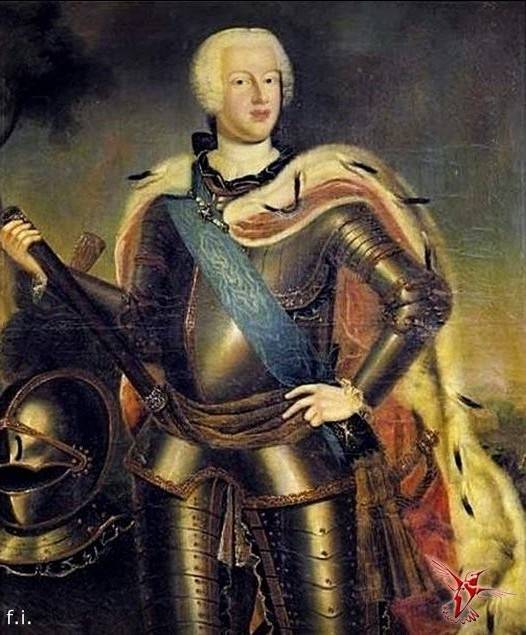
And now, as a replacement for the lost pages, Jerome went to Russia. The war with Turkey continued, and the chance to share their fate was very great. Our hero has never been a court Sharqun, he did not flee from danger, in 1738 and we see him in the Russian-Turkish war. At the core, then, of course, he did not fly, but he fought regularly. He also fell in love with the Russian hunt, about which, to his misfortune, he talked quite a lot in Germany - slightly inciting, as it should be. In 1739, Anton-Ulrich marries Anna Leopoldovna, the niece of the Russian Empress Anna Ioannovna, who was appointed regent to the unborn child of the male sex. This boy will be the unfortunate Emperor John VI, another victim of the Epochs of palace coups.
During the wedding, Jerome met with a certain Princess Golitsyna. The fleeting affair ended with the birth of an illegitimate child, so that the descendants of the famous baron still live in Russia. Perhaps it was this scandalous connection that caused the young baron to suddenly leave the retinue of Anton Ulrich and even leave Petersburg for Riga — he enters the Brunswick Cuirassier Regiment with the rank of cornet. But, as they say, "that fate does not do - all for the better." Further events showed that the refusal of the court service and departure from St. Petersburg was an extremely correct decision. At the new place, the affairs of the baron were quite successful, in 1740, he received the next rank — lieutenant, and the prestigious post of commander of the 1 regiment company. After the next palace coup organized in favor of Elizabeth (1741 year), the Brunswick family was under arrest in Riga Castle for some time - this is the reason to reflect on the changeability of happiness and the vicissitudes of fate. I wonder if Munchhausen met then with his former owner and patron? And did they find the strength to say something to each other?
In February, 1744. Jerome again touched history: at the head of his company, for 3 days he accompanied and guarded the bride of the heir to the throne, the German princess Sophia Frederick of Anhalt-Zerbst, heading to St. Petersburg. The one that does not have the slightest rights to the Russian throne, however, usurps him after the murder of her husband in 1762, and will go down in history under the name of Catherine II. It is curious that the mother of the German princess in her diary especially noted the beauty of the officer who met them. Who knows what would happen if fate brought Munchhausen and the future Catherine II together later. Perhaps, surrounded by the loving empress, a new favorite has appeared? But what was not, that was not. Instead of "cupids" with a German adventurer, the baron in the same 1744 year married another young German woman - from local, Kurland: the daughter of a local judge, Jacobin von Dunten. This marriage could be called happy if it were not childless. Munchhausen continued to serve in the once Braunschweig, but now renamed to the Riga regiment, but the former page of the father of the ousted emperor did not use the confidence of the new authorities. But at least they did not plant and did not exile - and thanks for that. In general, despite the immaculate service, the next officer rank (captain) Jerome received only in 1750 year. However, almost immediately, the newly-made captain Munchhausen learns about the death of his mother. Since his brothers had died in European wars by that time, according to family tradition, Jerome asks for a year's leave and departs for Germany. He did not return to Russia, and was expelled from the regiment in 1754. But he did not succeed in achieving his resignation and retirement, as for this he had to personally appear in the military department. Correspondence with bureaucrats was not successful; as a result, Münghausen was listed as a Russian officer until the end of his life and even signed as a "captain of the Russian service". On this basis, during the Seven Years' War, his house was freed from standing during the occupation of Bodenwerder by the French army - allied Russia. In his hometown, Munchhausen was disliked, considering (and calling) "Russian." This is not particularly surprising: after 13 years spent in Russia, everyone becomes “Russian” - Germans, French, Swedes, Italians, British, Irish, Arabs, even natives of “black” Africa. Some of them become "slightly Russian", others - "completely Russian", but they never return to their previous state - a repeatedly verified and proven fact.
A still young and full of strength, a man is bored, forced to lead a modest life of a poor provincial landowner. He enjoys hunting and trips to Hanover, Gottingen and Hameln (the one who became famous for the legend of the Pied Piper). But the favorite place of the baron was, nevertheless, the Gottingen zucchini on Judenstrasse 12 - they say that there, E.R. Raspe, who studied at the local university, was dropping by. It was here that the baron most often told his friends about his Russian adventures: playing to the public, and, under the influence of alcohol, a little, exaggerating and inciting, naturally (otherwise, what interest?). The problem was that Munchhausen turned out to be too good a story-teller with exceptional acting abilities: his stories, unlike many others like him, were remembered by the audience, not forgotten the very next day. Nowadays, Baron would be a super-successful video blogger, the creator of countless "memes" - with millions of subscribers and tens of thousands of "likes." Preserved a story about how this happened:
And everything would be fine, but in 1781, in the magazine “Guide for funny people,” someone suddenly published a short story to 16 called “M-G-Z-NA Stories”. This publication has not yet caused great harm to the reputation of the baron, since only close friends understood whose name is hidden under mysterious letters. Yes, and nothing particularly scandalous in those stories was not. But in 1785, R.E. Raspe, a professor at the University of Kassel, having lost (or appropriated) some valuable artifacts, decided that the climate of Albion would suit him better than the German one. Having learned a little about England, he wrote and published in London the famous book “The Story of Baron Munchausen about His Travels in Russia” based on those journal stories. It was then that the literary baron became Munchhausen - Munchausen, the English transcription of the German word Munchhausen: the letter in the middle was lost.
In 1786, this book was translated into German by Gustav Burger, adding a number of new, absolutely fantastic episodes: "Amazing travels, hikes and funny adventures of Baron Munchausen on water and on land, which he usually talked about over a bottle of wine with his friends" . It was Burger and became the author of the "canonical" literary version of the adventures of our hero.
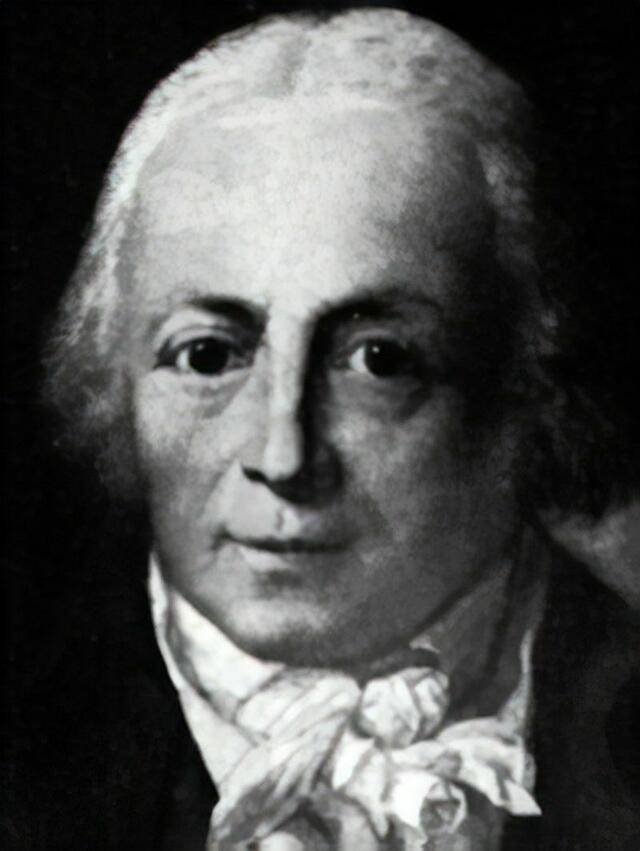
The success of the book in Europe was overwhelming, and already in 1791 it was translated into Russian - and in Russia it was a pleasure to get acquainted with it and some old acquaintances of the baron. The name of the first Russian translation was a saying: "Do not like it - do not listen, but do not bother to lie." Since Raspe and Bürger didn’t put their names on the books, and didn’t even receive a fee (they died in poverty - both in the 1794 year), many decided that all these funny and incredible stories were written from the words of Myunghausen himself. And for our hero came the "black" times. Things reached the point that Bodenwerder became a place of pilgrimage for those who want to see the famous baron, and servants had to literally drive these “tourists” away from home.
The nickname Lügen-Baron (baron liar or liar) literally stuck to the unfortunate Munchhausen (and even now in Germany it is just called that). Pay attention to how evil this nickname is: not a dreamer, not a storyteller, not a joker, not a merry fellow, and not an eccentric - a liar. Even the grotto, built in his estate Münghausen, was described by contemporaries as the "pavilion of lies": it’s in it that the baron "hung noodles on his ears" to his close-minded, naive friends. Some researchers suggest that in part it was a reaction to the character’s “non-patriotic” character — all his adventures occur away from home, and he even fights for Russia. If the Baron had performed his incredible feats "for the glory of the Reich" (not the Third, of course - as of yet the First), in extreme cases - not with the Russians, but with the Austrians beat the Turks, the reaction could have been quite different.
The most notorious "patriots" began to release the "continuation" of the adventures of the baron, in which the action took place in Germany. New stories were pretty seasoned with traditional German "shvok" plots and the hero in them looked like a perfect idiot. Heinrich Schnorr especially distinguished himself in this field, who did not hesitate to accompany his book Supplement to the Adventures of Munchhausen (1789) with many real facts from the personal life of the Baron. It was the publishers of Myunghausen who tried to sue the publishers of these one-time and long-forgotten books.
To all of this added and family troubles. The baron widow in 1790, in 73, suddenly married Xnumx-year-old Bernardine von Brun, who immediately became pregnant - not from her husband, but from a clerk from a nearby town. The baron did not recognize the child and filed a divorce case. The process dragged on and ended with the complete ruin of the hapless husband. In 17, the age of 1797 years, the former brave Russian captain, the soul of the companies of Hanover, Göttingen and Hamelin, and now - the hero of insulting jokes died, alone and already not very interesting. He was buried in the family crypt of Myunghausen - in the church of the village Kemnade. At the attempt of the reburial undertaken through 77 years, it was revealed that the face and body of the baron were practically untouched by corruption, but crumbled with the access of fresh air. It made such an impression on everyone that the tombstone was put back - away from sin, and left everything as is. Soon there were no people left in Bodenwerder who could remember where the famous native of their city lies and the place of the last rest of the baron is lost.
It seems strange, but only at the end of the twentieth century, in the homeland of the famous baron, they realized that their fellow countryman could become an excellent “brand” attracting tourists to the city. They set up the aforementioned monument in front of the burgomaster, then another one, where the baron is sitting on the nucleus departing from the cannon, started the production of souvenirs. And now Bodenwerder is part of the so-called “German Street of Fairy Tales”. On this "street" are located Bremen (understand why?), Hamelin (which was described in the article), Kassel (city of the Brothers Grimm), some others. A good increase in the budget of a small (population - about 7000 people) city.
They decided to earn a little money on Baron in Latvia, where, in the town of Dunte, near Riga, lived Hieronymus Karl von Munchhausen. Even the fact that the gallant baron was an officer in the Russian "occupational" army did not embarrass the enterprising Latvians. The old museum in the old tavern burned down, but in 2005 a new one was built, with a restaurant and a hotel.
From the museum to the sea laid the "Path of Munchhausen" with various sculptures dedicated to the adventures of the Baron.

Images of Myunghausen are on stamp and coin.
In Russia, too, there are small museums dedicated to the literary baron, and quite a few monuments in different cities. Such a sculpture dedicated to our hero can be seen in Kaliningrad.
But what did the famous baron look like? The overwhelming majority of people imagine a thin old man with a big nose, curls, famously twisted mustaches and a goatee. This is what Munchausen usually presents in films, cartoons, and sculptors of numerous monuments depict him. Not everyone knows that the author of this image is Gustave Dore, who so successfully illustrated the book in 1862, that he created a kind of "parallel reality" in which "fantasy on the subject" was perceived as a real portrait.
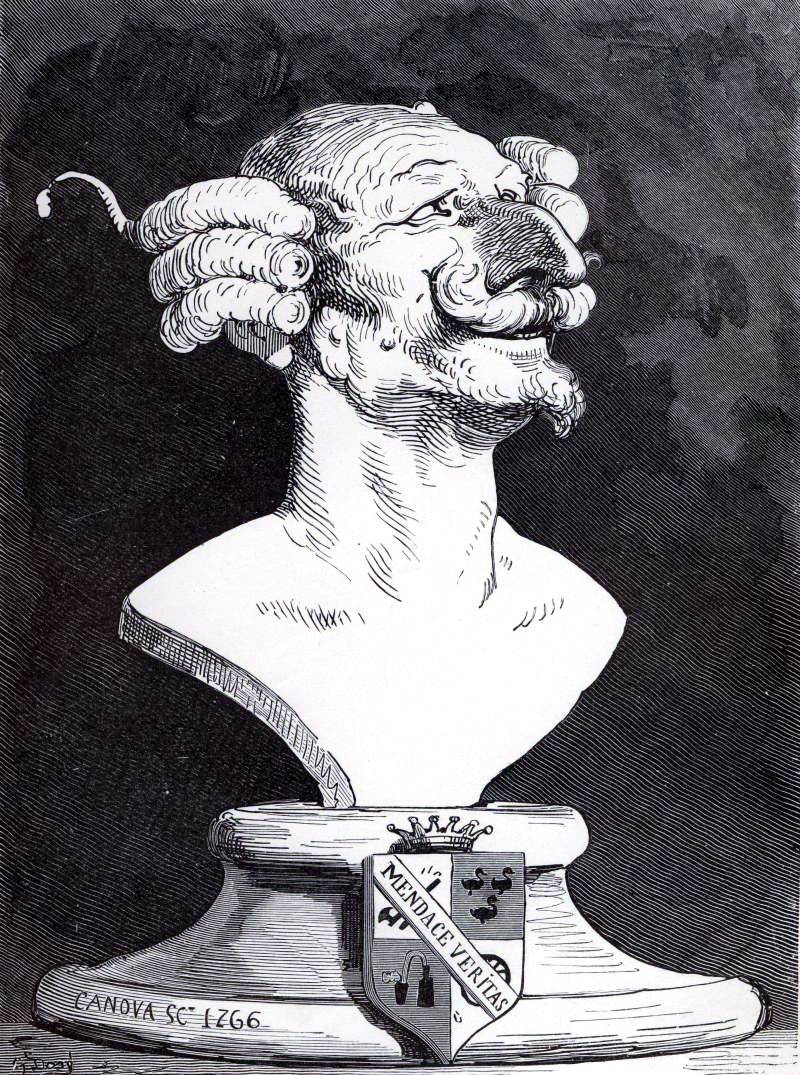
However, there is reason to believe that this famous bust with the Latin motto "Mendace veritas" ("Truth in lies") is a caricature of Emperor Napoleon III. In the time of the real Munchhausen, goatee beards were out of fashion - they cannot be found in any portrait of those years (meanwhile, G. Dore is always attentive to details). It was Napoleon III who made the popular goatee. And the three ducks on the fictional coat of arms of Munchhausen are a clear allusion to the three Bonopards. But there is a lifetime portrait of our hero, written by G. Bruckner in 1752, in which Munchhausen is depicted in the form of a Russian cuirassier. This picture, unfortunately, died during the Second World War, but its photographs remained. So, what was the appearance of Munchhausen really? We remember that the mother of the future Empress Catherine II noted in the diary the beauty of the accompanying officer. And many acquaintances of the baron speak of his high physical strength, characteristic of all men of this kind. And in the portrait we see a well-built young man with the right face, whose nose does not stand out at all. No mustache, no beard, on the head - a small wig.
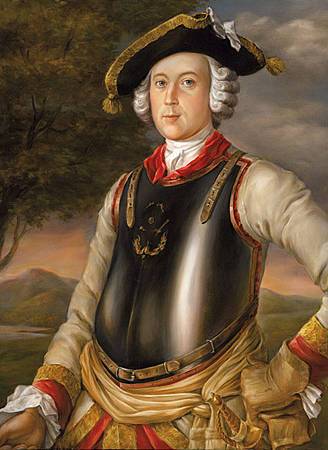
Nothing caricature, to find out in this man Munchausen Raspe and Burger is absolutely impossible. But the character offensive for the real Munchhausen books has long been living its life, constantly getting involved in new adventures for him. However, it must be remembered that, in addition to the literary Munchausen, there is a real baron Jerome Karl Friedrich von Munchausen - a brave and honest officer of the Russian army, a great storyteller, a cheerful and witty person, in vain returned to ungrateful Germany.
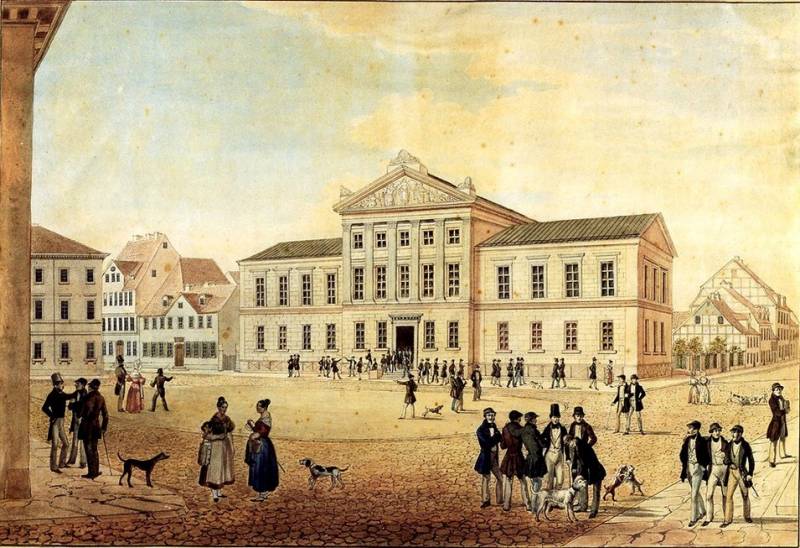
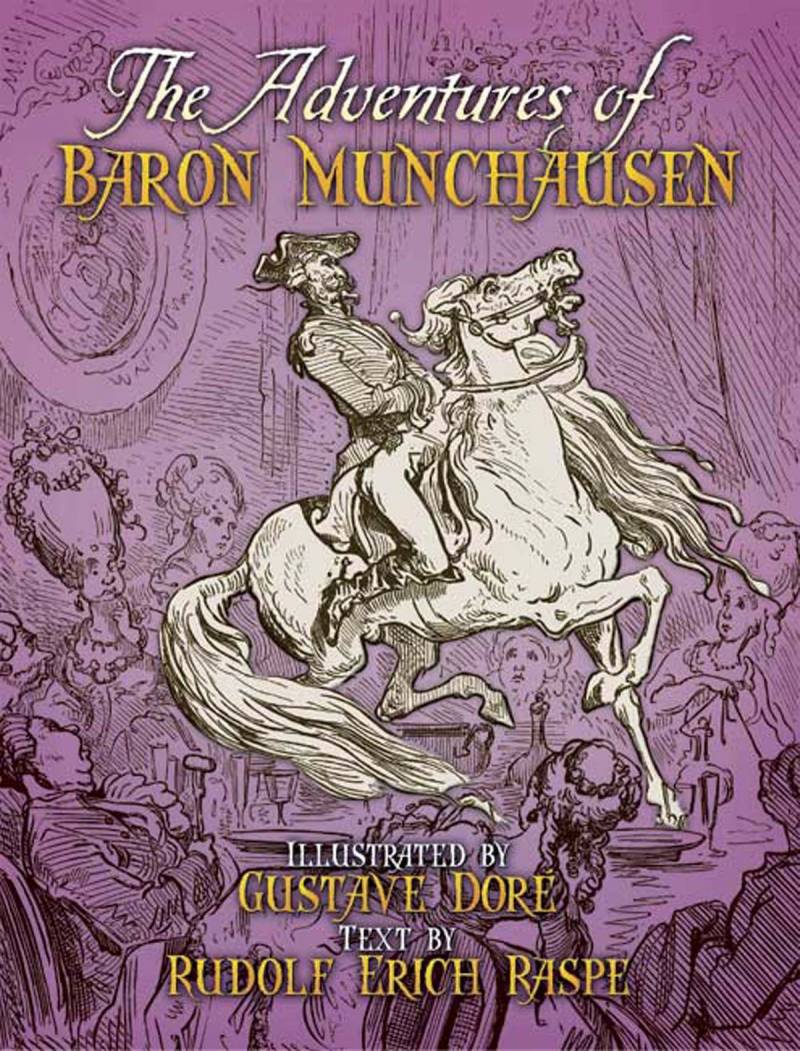
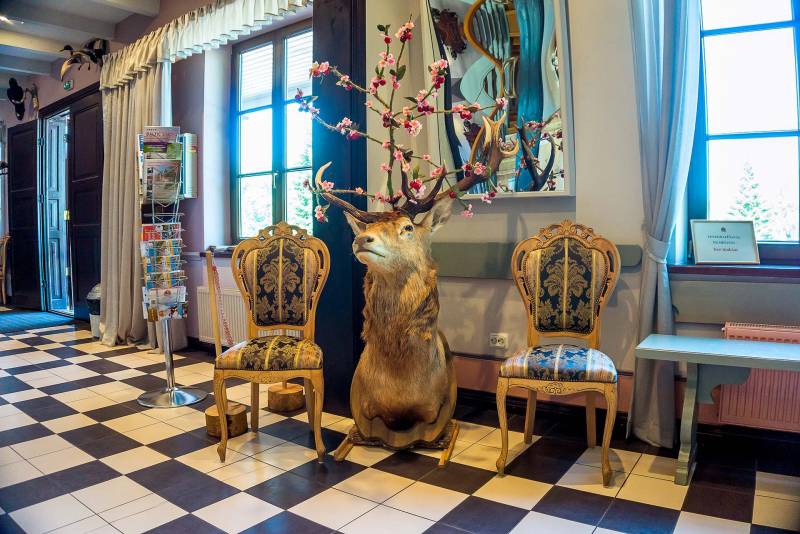
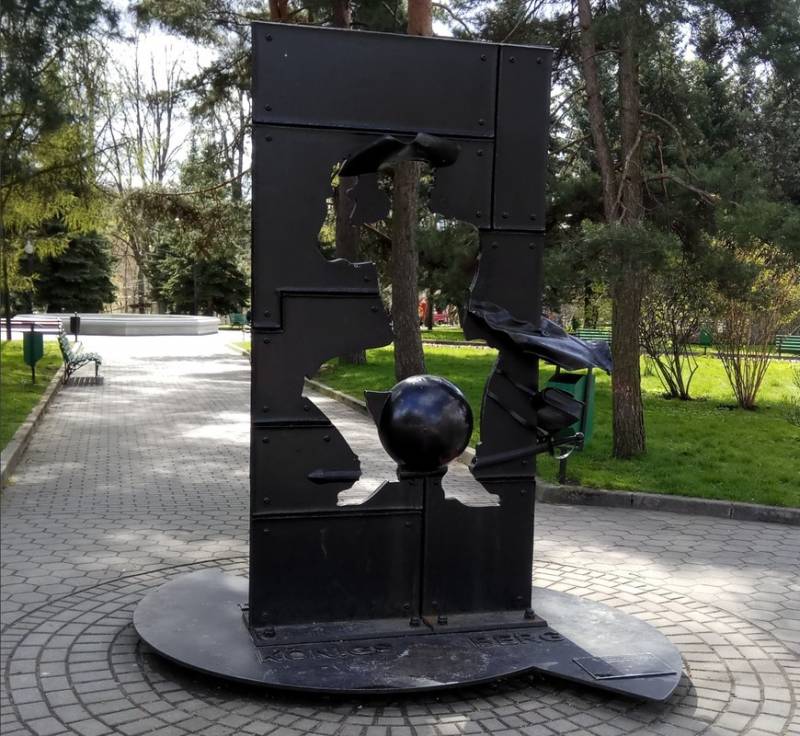
Information